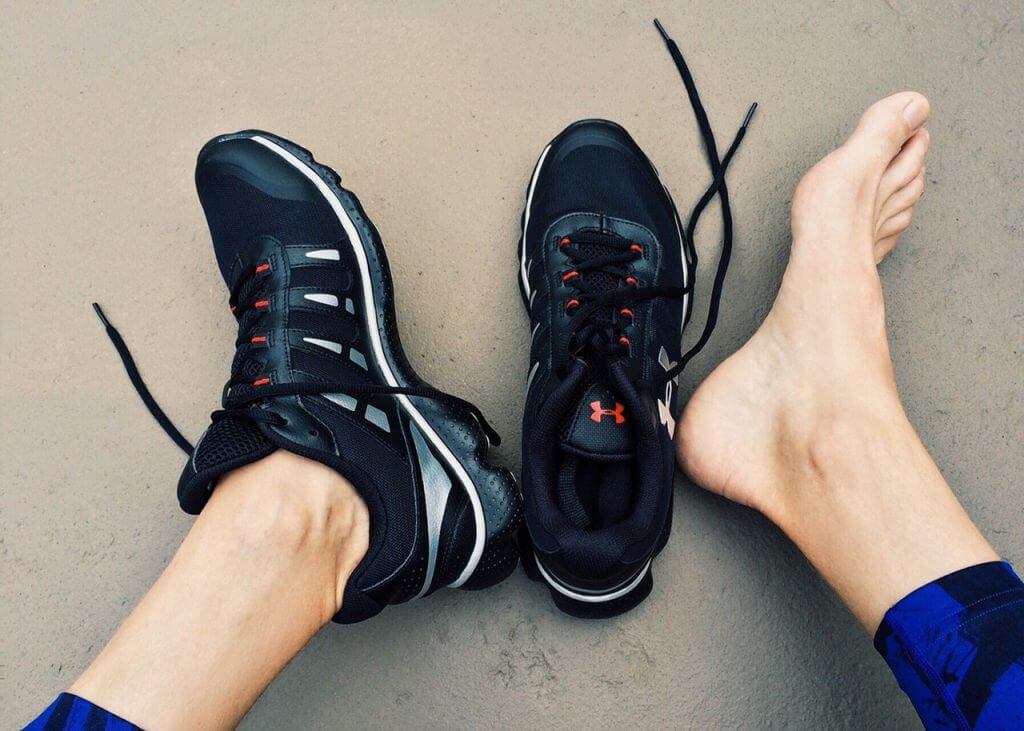What Now? Staying On Track in the College Post-Season

By Olivia Wile, Swimming World College Intern.
It was a long season. Six months of morning practice, weights and doubles – an exhausting yet fun whirlwind of a year that’s somehow over before you know it.
That Monday after championships feels relieving yet empty as you find yourself with way more free time than you know what to do with. Suddenly, the “I can do it later” excuse presents itself as you remember your afternoon is practice-free.
As college swimmers enter into the post-season, it’s more important than ever to make sure they stay on track.
Go to Class

Photo Courtesy: Tookapic
As silly as it may sound, go to class. Without a major time commitment like swimming, it’s easier to slack off and become lazy with studies. As with any major schedule change, getting used to this new freedom can be difficult.
The Swimming World article 7 Time Management Tips for Student Athletes suggests using a planner or calendar to stay on track. Completing assignments one by one, studying in advance, and – of course – avoiding procrastination can help student-athletes stay organized with their academics.
Though the off-season is a period of time for athletes to allow their bodies to rest and recover, it’s not the time to rest in the classroom. With some downtime from athletics, it’s important to place some additional focus on academics.
Adapt Your Diet

Photo Courtesy: Jessica Spengler, flickr
If there’s any major perk to being a college swimmer, it’s the infamous swimmer diet. With workouts as high in volume and intensity as competitive swimming and lifting, fueling the body is critical. When the offseason hits, however, athletes need to go about nourishing their bodies a bit differently.
During this time, it’s important for athletes to scale back how much they are eating as well as pay attention to what they are eating. The article Nutrition for the Swimming Student-Athlete suggests that limiting portion sizes can be helpful in avoiding overeating in the off-season: “Although minor gains in weight and body composition are to be expected during the off-season, your energy needs are significantly decreased at this time, and therefore portion sizes at meals should be reduced to prevent significant changes in weight and body composition.” Click here to read more.
Pick Up A Part-Time Job

Photo Courtesy: Flickr
One way to fill up some of that extra free time and earn a little money along the way is to pick up a part-time job. Whether on or off campus, working during the off-season can help fill the time gaps that were once occupied by intense training.
Working can also help regulate a schedule and help athletes stay productive. Although finding a part-time job can be a good way to earn a little money and fill up some time, try not to pick up too many hours or commit to anything that will be too overwhelming. It’s important to find a good balance.
Embrace Off-Season Training

Photo Courtesy: pexels.com
If you’re among those athletes who will pick back up with off-season training, try to enjoy the change of pace. On most teams, these workouts are usually much less intense. They also often focus on strength training as well just maintaining feel in the water. The article Off-season Swimming Training provides some good insight on what this period of time should be about: “Performing maintenance work is important, even if it doesn’t feel like you’re doing much.” Click here to read more.
Congratulations: you’ve made it to the college post-season! Though it is important to rest and relax after such a long season, it’s just as important to maintain a productive routine, good diet and focus hard on your studies.
How do you stay on track during the off-season?
-All commentaries are the opinion of the author and do not necessarily reflect the views of Swimming World Magazine nor its staff.




Kamryn